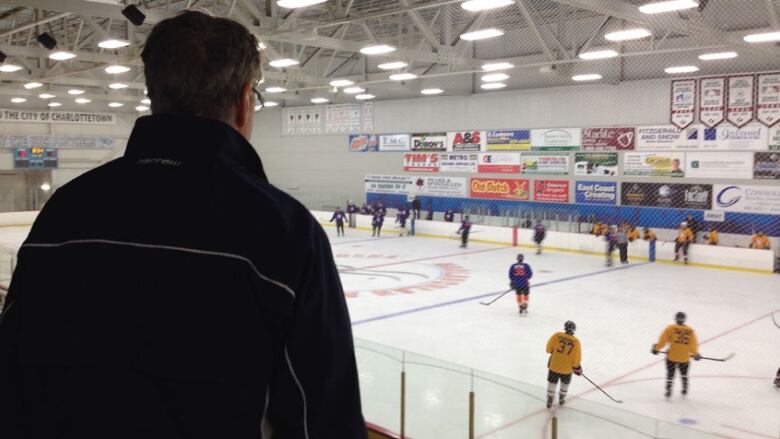Concussion study considers multiple factors
Study will set baselines for brain function

A new study in Charlottetown will test healthy young athletes for a number of brain functions, in order to establish baselines for testing if they suffer a concussion.
Researchers are looking for more than 150 male and female athletes between the ages of nine and 25 who aren't being treated for a concussion. They'll be asked to do a battery of tests, including ones to test memory, balance and reaction time.

"We don't want to use one measure of baseline because it may not be sensitive enough or specific enough to the concussion injury," said lead researcher and UPEI Professor Bill Montelpare.
"We're using, as I say, an entire array of tests, which give us a better indication that we're looking at all of the elements of the brain in terms of its functionality, as much as we can, without being invasive."
Athletes will then get a copy of their results.
"If they were injured, they could bring that data along to the emergency room or to a physician to suggest that here's where I started off with and here's where I am now," said Montelpare.
Andrews Hockey Growth Programs is asking students whether they'd like to take part in the project. Allan Andrews said it would have helped his family when his son had multiple concussions.
"No one could really tell us exactly when to go back on the ice. How bad the concussion was, how much it was affecting his brain," said Andrews.
"This is a breakthrough where people can get a level of where they are and if they have a concussion later on they have a comparison."
Andrews said the research should help parents and players make better decisions about when to lace up again after an injury.












_(720p).jpg)


 OFFICIAL HD MUSIC VIDEO.jpg)
.jpg)



























































































